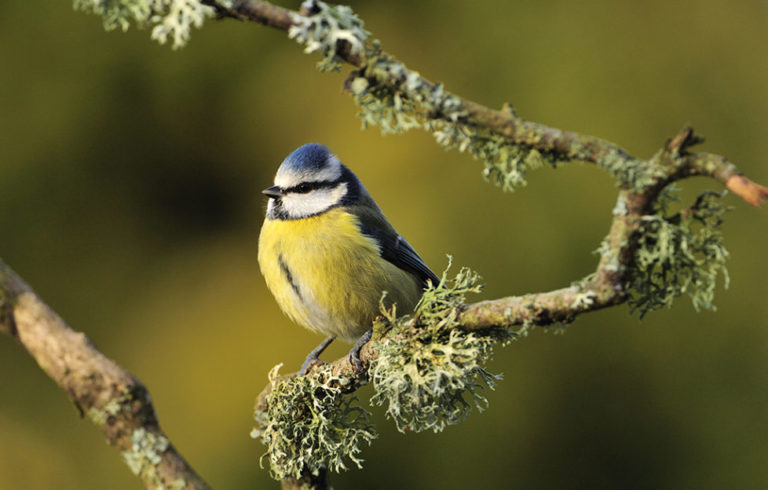Bird watching – also colloquially referred to as “twitching” – is a popular hobby. Some hardcore ornithologists go to great lengths to track down shyer species who live “off the beaten track. There are also enthusiasts who travel the world to add to their collections of sightings.
Countless more British people simply stay at home, to enjoy the amusing and interesting antics of their feathered friends.
Leaving bird seeds out for birds can attract a whole host of winged visitors to your garden. Which can be particularly fun for families, as children can make lists and draw the birds they see.

Attracting More Varied Feathered Visitors
What is the rarest bird you can
spot in your own backyard in Britain? That answer to that is a growing list!
That may sound an odd statement, but as bird species indigenous to the UK are
under threat numbers of certain types are dwindling at an alarming rate. This
serious decline in some bird species is reflected in British woodlands too.
There are now 11 British species on the Birds of Conservation Concern “Red List”, which means they are a massive preservation priority. They include, for example, the Lesser spotted woodpecker, willow tit, wood warbler, and the nightingale.
Which Unusual Birds Visit Gardens?
As encroachment on their natural habitat is so fierce and widespread, you could potentially spot one of the rare woodland birds in your garden.
However, for some avid bird feeders, the greatest joy is when overseas species pop down to snack on their seed, peanuts or fat balls.
For example, there was a London sighting of a very rare American Robin. It’s believed only 30 of these have ever been spotted in the UK, so to have one in your garden would be a twitcher’s dream!
Other garden birdwatch sightings that have astounded experts include a gorgeous Central American myrtle warbler, recorded by a young brother and sister outside their house in County Durham.
Fat Balls Are Universally Appreciated
The sad decline in some species is one of the main reasons to leave out fat balls in colder months. In fact, fat balls are a great treat year round, as suet for birds is a fabulous source of energy, and attractive to a wide range of creatures. They could be the key to getting an overseas visitor or rare bird outside your window.

Keeping Track Of Rare And Not So Rare Birds
The RSPB provides an excellent online bird spotting resource, to help identify which of the 408 British bird species you can see. It also provides a guide to rare overseas visitors who may call to peck up suet pellets for birds.
You can find it by following this link

